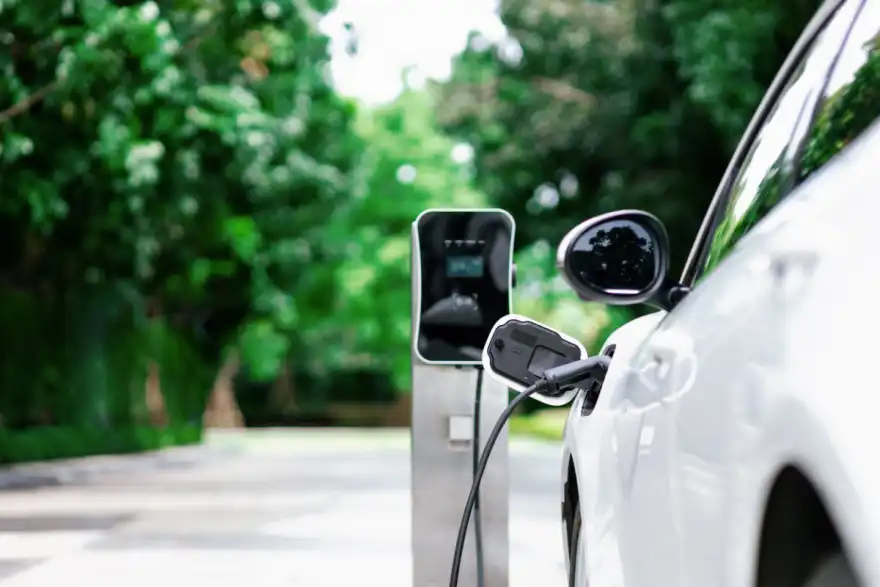
Many people express concerns about the driving range of electric vehicles (EVs) compared to traditional cars. However, it might be beneficial to reconsider our perspective on this matter.
It's a common understanding that EVs, on a full charge, cannot cover as many miles as their petrol or diesel counterparts. This discrepancy has given rise to what's known as "range anxiety," a fear that you might run out of power and find yourself stranded.
Traditionally, we've been accustomed to the idea that a full tank of petrol or diesel can take us approximately 400 miles before requiring a refill. In contrast, the average battery range for new EVs in the UK is around 240 miles. But let's reevaluate this. How often do we truly need to drive 400 miles without taking a break? The average car trip in England is only about 8.4 miles, and most people drive less than 100 miles a week.
Government statistics reveal that 99% of trips in England are less than 100 miles. Therefore, for the majority of drivers, an EV can meet their daily needs without the anxiety of running out of power. Moreover, for those planning longer journeys, numerous EV models now offer ranges of 300 miles or more, comparable to traditional petrol cars.
Before choosing an EV, it's a good idea to assess your annual mileage. For instance, if you drive 100 miles a week (8,000 miles a year), even an EV with a shorter range, like the Honda e city car (125 miles), would only need about five hours of charging at home each week.
While EVs might experience reduced range in cold weather, advancements in technology are addressing this issue. The majority of EV owners charge at home, avoiding the need for public charging points. Charging at home is convenient—plug in when you're home, and your car is ready for your next drive. For those without home charging, using public chargers might cost more, but it remains a feasible option.
It's crucial to plan for longer trips, especially by utilising charging apps. EV technology is evolving rapidly. The Fiat 500e, for example, can cover 199 miles on a full charge, and Toyota aims to introduce a battery with a range of 745 miles by 2027.
In summary, the future of EVs appears promising, with improved ranges, technological advancements, and more convenient charging options.




